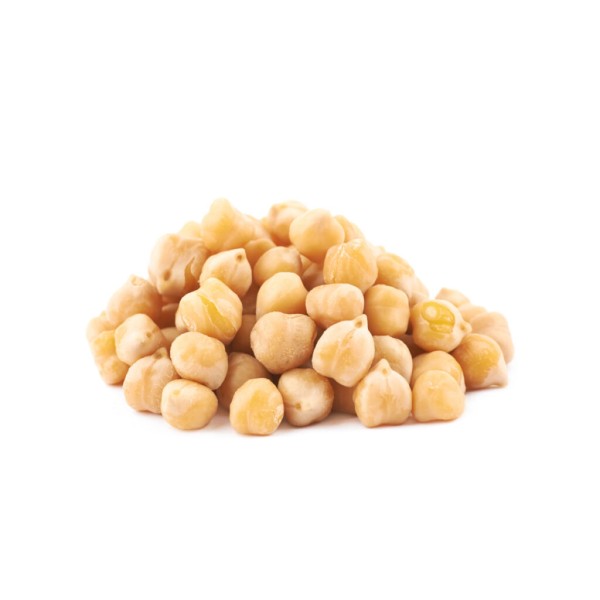Processing Grams (Chickpeas) in Madhya Pradesh
Madhya Pradesh, with its fertile lands and strong agricultural base, presents a golden opportunity for entrepreneurs venturing into the processing of grams (chickpeas). Not only is the demand for gram-based products steadily rising, but the state also offers readily available raw materials, making it an ideal location for such a venture.
Demand for Processed Grams:
The processed gram market is witnessing significant growth, driven by:
- Rising health consciousness: Consumers are increasingly opting for protein-rich, gluten-free options, making gram-based products highly attractive.
- Convenience factor: Processed gram products like flours, snacks, and dals are convenient and time-saving options for busy consumers.
- Versatility: Grams can be incorporated into various dishes, catering to diverse palates and dietary needs.
Raw Material Availability & Sources:
Madhya Pradesh is a leading producer of grams in India, ensuring easy access to raw materials. You can source grams directly from farmers, farmer producer organizations (FPOs), or established agricultural mandis.
Processing Techniques:
The processing of grams involves various stages, including:
- Cleaning and sorting: Removing impurities and foreign objects.
- Splitting/dehulling: Separating the outer skin from the edible gram core.
- Milling: Grinding the grams into flour of different textures.
- Roasting: Imparting flavor and enhancing shelf life.
- Puffing: Creating puffed grams for snacks.
Machinery:
The type of machinery needed depends on your desired products and scale of operation. Key equipment includes:
- Cleaning and sorting machines
- Splitting/dehulling machines
- Flour mills
- Roasters
- Puffing machines
Byproducts & Value-Added Products:
Gram processing generates byproducts like husks and bran, which can be further processed into animal feed or biomass fuel. You can also create value-added products like:
- Besan (gram flour) of different textures
- Sprouted gram snacks
- Gram-based protein powders
- Gram dips and spreads
Preservation Methods:
Proper storage and packaging are crucial for preserving the nutritional value and shelf life of your products. Popular methods include:
- Vacuum packaging
- Nitrogen flushing
- Controlled humidity storage
Nutritional Value:
Grams are packed with protein, fiber, vitamins, and minerals, making them a highly nutritious addition to any diet. Highlighting this nutritional value in your marketing strategy can attract health-conscious consumers.
Packaging:
Choose packaging that:
- Maintains freshness and quality
- Is sustainable and eco-friendly
- Appeals to your target audience
- Complies with relevant regulations
Market Potential:
The demand for processed grams exists both domestically and internationally:
- Domestic: The Indian market for gram-based products is projected to reach $5.2 billion by 2025.
- Gulf Market: Growing health awareness and large expatriate communities are driving demand in the Gulf region.
- European Market: Increasing preference for plant-based proteins creates opportunities in Europe.
- US Market: The US market for healthy snacks is booming, offering potential for gram-based products.
- Japanese Market: Japan's focus on functional foods opens doors for protein-rich grams.
E-commerce Potential:
Selling your products online through e-commerce platforms can expand your reach and cater to a wider audience.
Certifications:
To sell your products in different markets, you may need specific certifications:
- Domestic: FSSAI registration, AGMARK (optional)
- Gulf Market: GCC Standard Organization (GSO) certification
- European Market: EU food safety regulations compliance
- US Market: FDA registration (for specific products)
- Japanese Market: Food Sanitation Act & JAS Organic certification (optional)
Cost of Plant in Madhya Pradesh:
The cost of setting up a gram processing plant can vary depending on the scale of operation, machinery chosen, and location. A rough estimate for a small-scale plant with basic equipment could be around ?20-30 lakhs.
Suppliers & Machinery:
Several Indian and international companies supply food processing machinery. Some options include:
- Buhler Group
- AVM Engineers
- PEAN Industries
- Alfa Laval
- GEA
Government Subsidies:
The Government of India offers various schemes to support food processing businesses. You can explore schemes like:
- Pradhan Mantri Kisan Sampada Yojana (PMKSY)
- Atma Nirbhar Bharat Abhiyan (Self-reliant India Mission)


